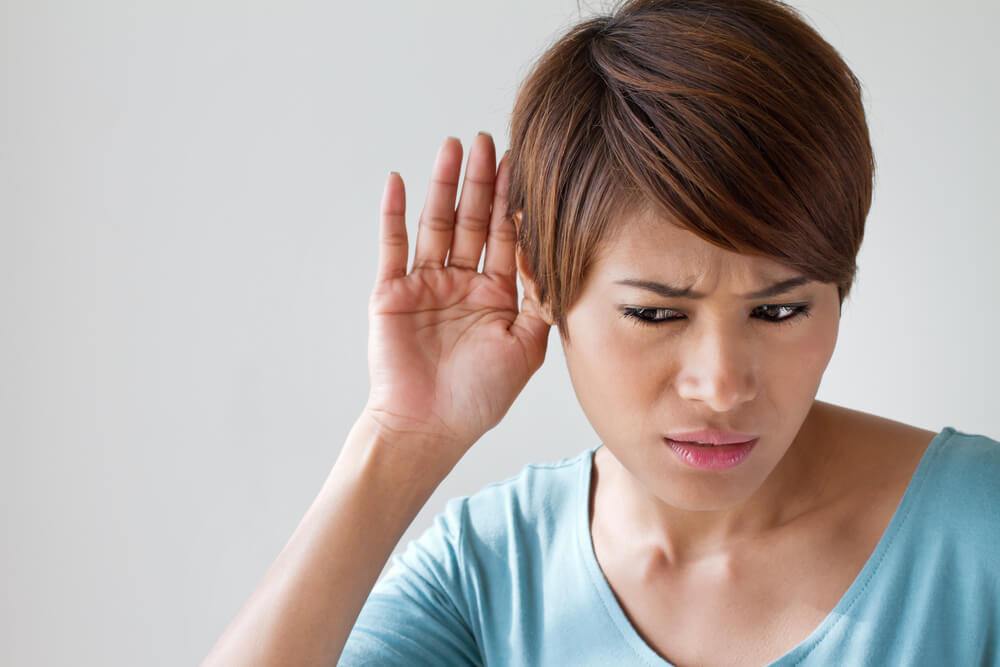Why Is My Hearing Muffled in One Ear?


If your hearing is muffled in one of your ears, you’re probably a little bit annoyed by it. You might also be wondering what’s going on. There may even be some concern that the problem will last long-term. This problem is often compared to having cotton inside of your ears. Let’s look at some of the reasons your hearing may be muffled and how to fix it.
There are a handful of reasons that you might be experiencing this hearing problem in one of your ears. As Nexgen Hearing – Tsawwassen, a hearing clinic in Tsawwassen, notes, you should talk to a professional for the most accurate diagnosis. This will be useful for receiving treatment too.
Here are some possible reasons for muffled hearing in one ear:
There are other hearing conditions that can be causing the muffled feeling in your ear. These are the most common problems. Don’t forget to talk to your doctor about the problem as soon as you can. Then you will be able to receive treatment and begin feeling normal again!
One of the first things you might do is try to remove any water from your ear. You can do this by tilting your head toward your shoulder.
According to Everyday Hearing, you shouldn’t use Q-Tips to unclog your ears. This can worsen the problem by pushing the wax further into your ears.
You might use ear drops. There are ear drops designed for softening wax in the ears. These can be found at a drugstore. You can try these ear drops at home for a couple of days. If they don’t seem to be helping, a hearing specialist will have to step in.
It’s important to be aware of how long your hearing has been muffled. This is good information to share with the doctor and can be helpful in figuring out what the problem is.
You should also be aware of the timeline so that you know when to call a doctor. It’s best to tell a doctor relatively soon after you notice the hearing difficulties. Acting quickly could save your hearing from being damaged long-term.
This is a common concern with any type of hearing difficulties. You want to make sure that you will still be able to hear.
Luckily, in many cases, your hearing will fully return. These conditions are treatable. It’s important to talk to your doctor about them as soon as possible. By doing this, you will prevent long-term damage.
If you allow the problem to linger for too long without treatment, you are putting yourself at risk for hearing damage. This can easily be avoided by talking to your doctor right away.
If your hearing seems to be muffled for more than a few days, you should give your doctor a call. They can help you to figure out what the problem is. If needed, your doctor can also refer you to a specialist. This specialist can run tests, identify the problem, and provide a course of action.
If you have to be referred to another doctor, you may visit an audiologist. Audiologists usually take care of non-medical hearing problems.
You might also visit an ENT (ear, nose, and throat) specialist, or otolaryngologist. This type of doctor is more prepared to handle medical hearing problems. They know how to treat these problems after identifying them.
Your doctor will know who to send you to so you don’t need to worry about choosing one yourself. The specialist may prescribe ear drops, try to remove the earwax, or try hearing tests.
As you can see, there are a good number of reasons why you might be experiencing muffled hearing. This is a fairly common issue and it’s almost always treatable. It’s important to talk to your doctor right away so that you can get treatment.
Getting help from your doctor will help preserve your hearing. It will also prevent long-term effects.